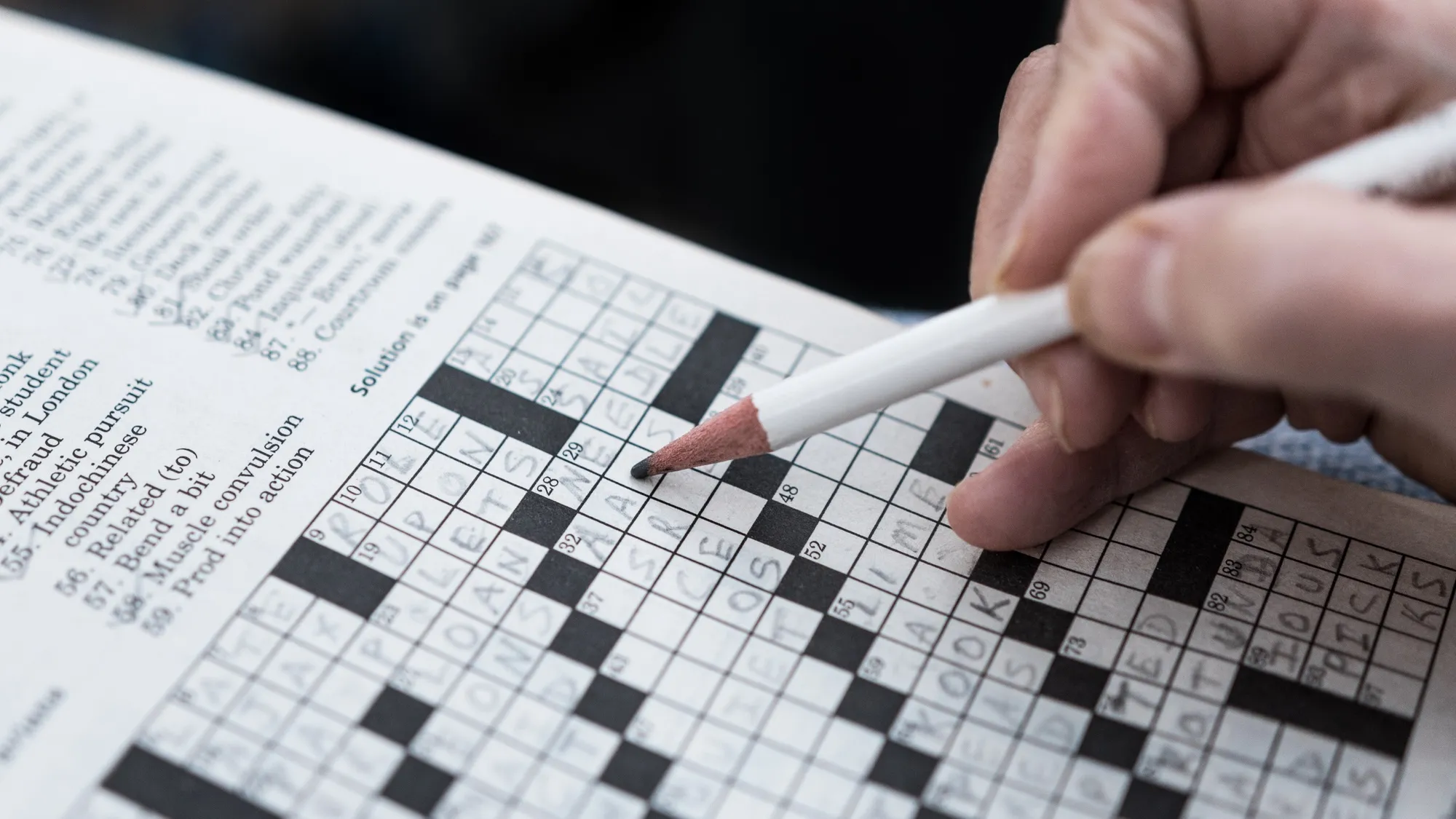Working on the New York Times Crossword clue “Proof you weren't part of the crime, say”? Below you’ll find step-by-step hints, a spoiler-protected reveal, and a detailed explanation of this legal term that’s common in both everyday speech and courtroom settings. For more daily crossword help and reasoning guides, visit Clue of the Day.
Hints (no spoilers)
Reveal the Answer
Click once to unblur the solution; click again to re-hide.
For more NYT Crossword clue explanations and reasoning breakdowns, visit Clue of the Day.
Why “ALIBI” Fits This Clue
The word ALIBI comes from Latin, meaning “elsewhere.” In both legal and everyday usage, it refers to proof or a claim that someone was in another place when an event (usually a crime) took place.
The clue “Proof you weren’t part of the crime, say” defines the concept literally — evidence that establishes your non-involvement. ALIBI is a direct match both definitionally and contextually.
Crossword constructors often use this clue type to test solvers’ reasoning skills, pairing a legal phrase with a conversational paraphrase of its meaning.
Strategy: Translate the Context
When you see clues about proof, defense, or crime involvement, think of legal or courtroom terms. In crosswords, ALIBI is one of the most common — short, vowel-rich, and instantly recognizable.

